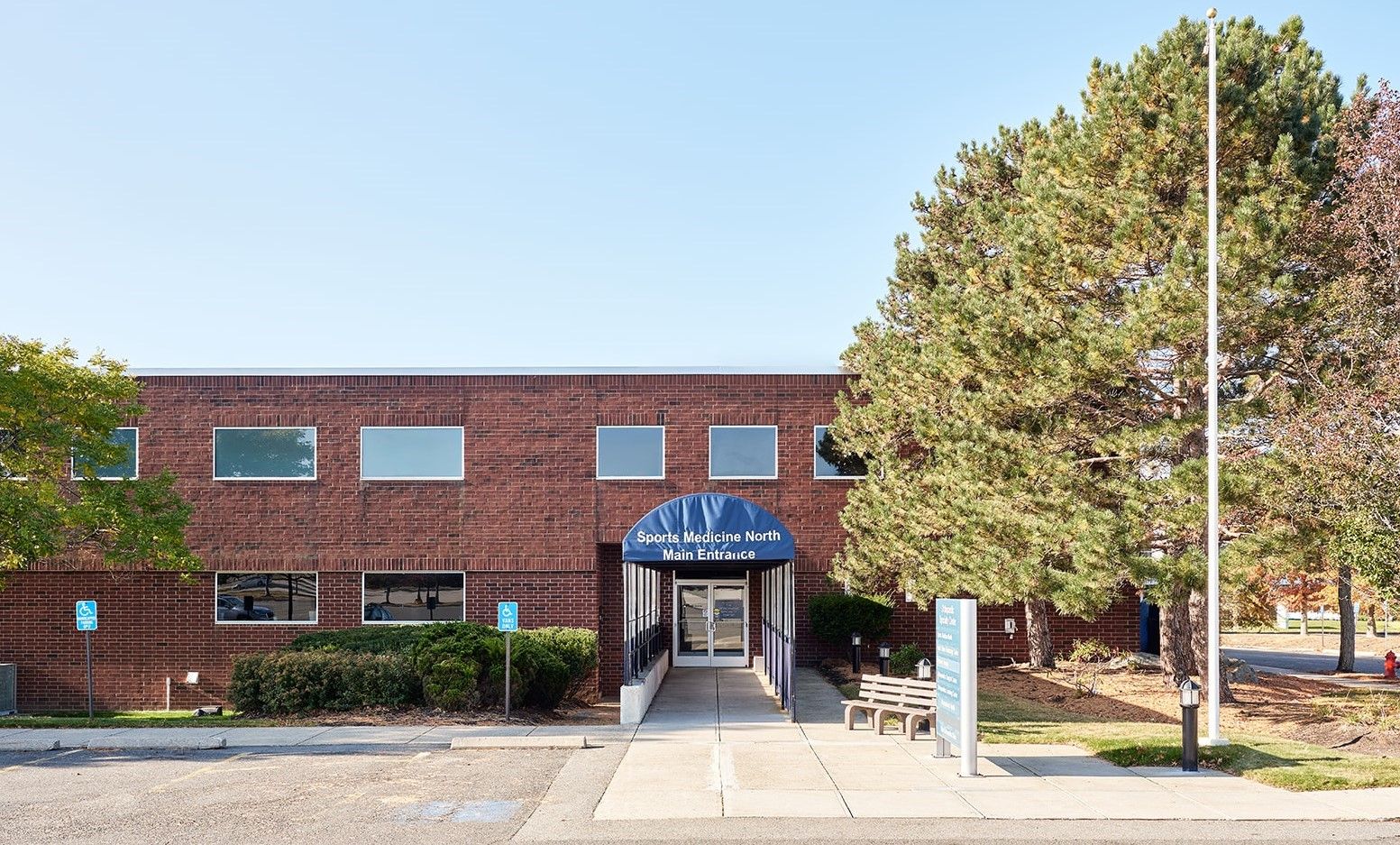Sports Medicine North is pleased to provide MRI (Magnetic Resonance Imaging) at our Peabody Imaging center at 1 Orthopedics Drive to identify orthopedic injuries and conditions. An MRI captures images of various parts of your body without the use of X-rays, meaning no radiation is required.
What is the Purpose of an MRI?
Our practice uses the most advanced MRI technology and equipment to diagnose and treat a range of orthopedic injuries and conditions. MRI can help provide information for a fast and accurate diagnosis and possibly reduce the need for exploratory surgery or other diagnostic procedures.
MRI is commonly used to:
- Examine soft tissues like muscles, organs, and nerves.
- Detect and diagnose a variety of conditions, including injuries, tumors, infections, and abnormalities.
- Provide valuable information for doctors to plan treatments and surgeries.
What Should I Know About Getting an MRI?
MRI is quite safe for the majority of patients, but there are certain conditions or medical devices that make certain patients ineligible, such as those with pacemakers.
Before your MRI test, tell your health professional and the MRI technologist if you:
- Are allergic to any medicines
- If you are or might be pregnant
- If you wear any jewelry, eyeglasses, hearing aids, hairpins, removable dental work or other objects that may interfere with the procedure
- Had recent surgery on a blood vessel. In some cases, you may not be able to have the MRI test.
- Have any other health conditions, such as kidney problems that may prevent you from having an MRI using contrast material.
- Wear any medication patches. The MRI may cause a burn at the patch site.
Our practice uses the most advanced MRI technology and equipment to diagnose and treat a range of orthopedic injuries and conditions. MRI can help provide information for a fast and accurate diagnosis and possibly reduce the need for exploratory surgery or other diagnostic procedures.
MRI is commonly used to:
- Examine soft tissues like muscles, organs, and nerves.
- Detect and diagnose a variety of conditions, including injuries, tumors, infections, and abnormalities.
- Provide valuable information for doctors to plan treatments and surgeries.
MRI is quite safe for the majority of patients, but there are certain conditions or medical devices that make certain patients ineligible, such as those with pacemakers.
Before your MRI test, tell your health professional and the MRI technologist if you:
- Are allergic to any medicines
- If you are or might be pregnant
- If you wear any jewelry, eyeglasses, hearing aids, hairpins, removable dental work or other objects that may interfere with the procedure
- Had recent surgery on a blood vessel. In some cases, you may not be able to have the MRI test.
- Have any other health conditions, such as kidney problems that may prevent you from having an MRI using contrast material.
- Wear any medication patches. The MRI may cause a burn at the patch site.



